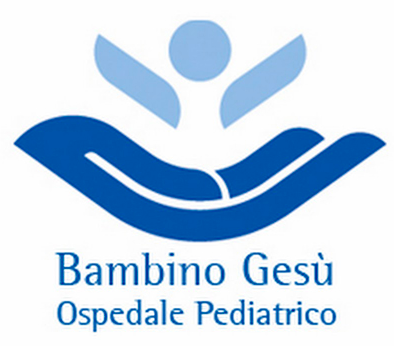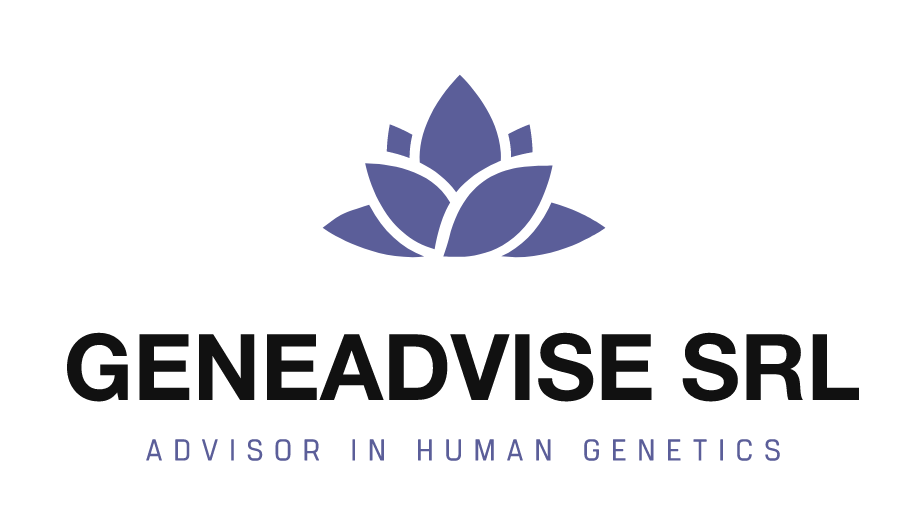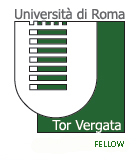
GENETIC SCREENING AND DIAGNOSIS
The PluriGenTEST1 identifies on a peripheral blood sample whether one or both parents are heterozygous carriers of four of the most frequent monogenic diseases in the general European population: Cystic Fibrosis, Fragile-X Syndrome, Spinal Muscular Atrophy, Congenital Non-Syndromic Deafness, Disease panels with NGS technique.
PluriGenTEST2 identifies on a sample of peripheral blood, with the use of the best NIPT (Non Invasive Prenatal Test) techniques on fetal DNA present in the maternal blood, the possibility that the fetus is affected by trisomies compatible with birth, T21, T18, T13, and possibly other relevant partial chromosomal deletions.
The sampling of fetal tissues with invasive techniques allows the control of chromosomal anomalies and Mendelian diseases for which a partner has proven to be heterozygous. Array-CGH techniques have been added to karyotyping in fetal genomic analysis.
PluriGenTEST3 offers, on a sample of chorionic villi or amniotic fluid, the a-CGH molecular karyotype. It identifies numerous anomalies associated with microdeletion or duplication syndromes but minimizes evidence of small variations of unknown significance. DueinUno effectively combines conventional karyotyping and a.CGH for an analysis approved by the dictates of Italian scientific guidelines.
Genetic diseases represent a heterogeneous group of pathologies that can be roughly divided according to their etiology, into two large categories: chromosomal (for example Down's Syndrome) and monogenic/Mendelian (for example Cystic Fibrosis). Together with the most well-known chromosomopathies, for example Trisomy 21 or Down's Syndrome, there are other equally serious and frequent pathologies which belong to the group of so-called monogenic/Mendelian diseases such as: Fragile-X syndrome (2nd cause of mental retardation on genetic basis, second only to Down's Syndrome), Spinal Muscular Atrophy (one of the most frequent causes of neuromuscular pathology of genetic origin), Cystic Fibrosis (one of the most frequent autosomal recessive diseases in the Western world) and hearing loss sensorineural hearing loss (mutations of the GJB2 gene are the most common cause of sensorineural hearing loss on a genetic basis). Even considering these four pathologies exclusively, it emerges that the risk for a couple, whatever the age of the woman, of having a child suffering from one of these diseases is approximately 1/1000. The risk of the main fetal chromosomal pathologies is also approximately 1/1000. The joint investigation allows us to identify fetal genetic pathologies that affect 2/1000 of births.








